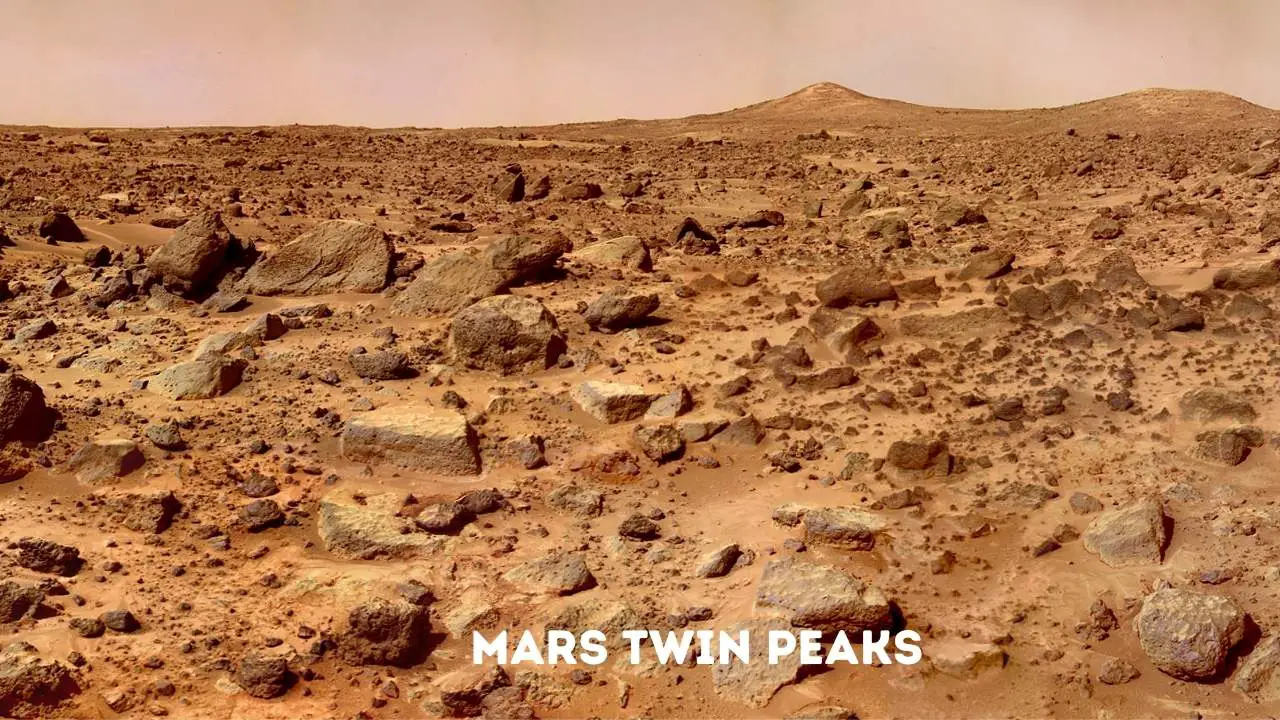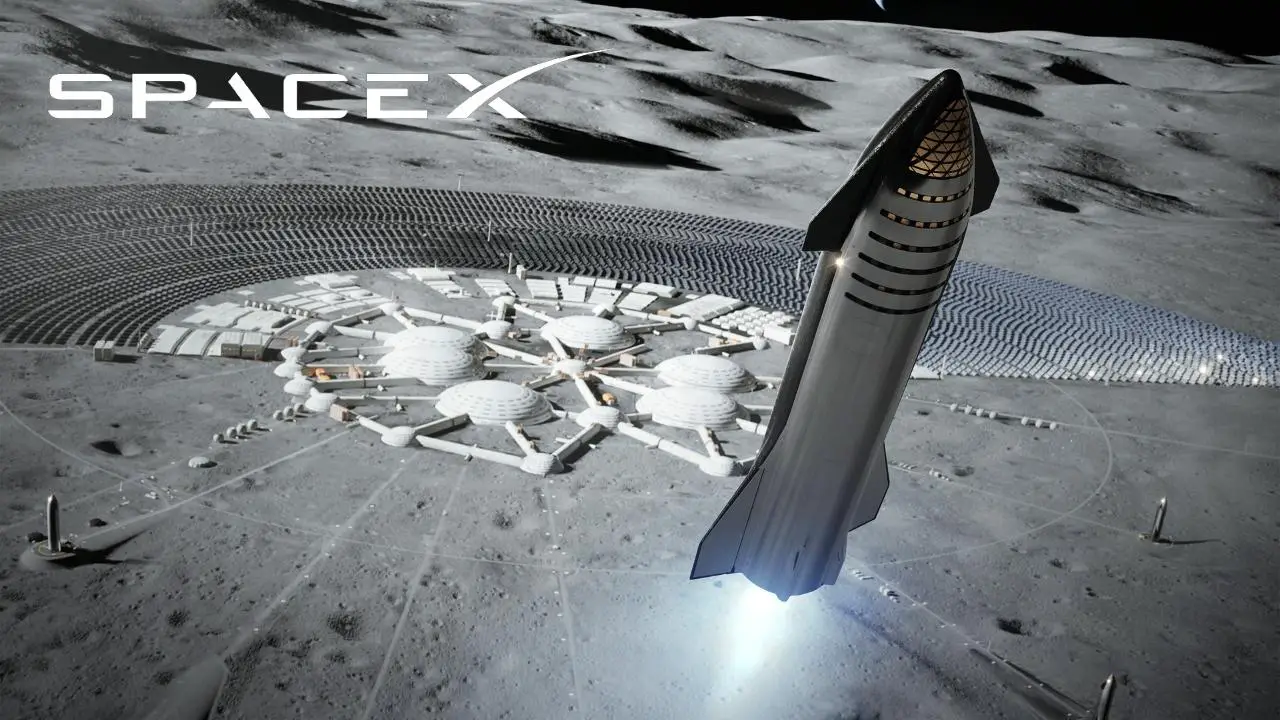In 2020, SpaceX’s Starlink started their service. Like every other product, a new Starlink customer has to sign a legal document. In that legal document, there is a term which states that:
“For Services provided on Mars, or in transit to Mars via Starship or other colonization spacecraft, the parties recognize Mars as a free planet and that no Earth-based government has authority or sovereignty over Martian activities. Accordingly, Disputes will be settled through self-governing principles, established in good faith, at the time of Martian settlement.”
Therefore as you can see, if you want to get the Starlink internet, you have to declare, Mars is a free planet.
So, can SpaceX or Elon Musk claim Mars?
Yes, SpaceX can claim Mars because according to a 2015 federal law 114-90, the US government allows a private entity to mine, own, possess, and sell a celestial body, even though the US does not claim it. Therefore, according to that federal law, Elon Musk and SpaceX can claim and mine Mars. [1]
Let’s elaborate.
Whenever the question arises of whether can, SpaceX or Elon Musk claim Mars; people bring up the United Nations “Outer Space Treaty” signed by more than 110 nations in 1967. [2][3]
The treaty’s title is “Treaty on Principles Governing the Activities of States in the Exploration and Use of Outer Space, including the Moon and Other Celestial Bodies.”
This treaty has a total of 17 articles. However, Article XII is controversial, and Article II, I(2) is also noteworthy.
Here are some notable points from the treaty:
Article I:
- The exploration and use of outer space, including the Moon and other celestial bodies, shall be carried out for the benefit and in the interests of all countries.
- Outer space, including the Moon and other celestial bodies, shall be free for exploration and use by all states without discrimination, and there shall be free access to all areas of celestial bodies.
Article II:
- Outer space, including the Moon and other celestial bodies, is not subject to national appropriation by claim of sovereignty, by means of use or occupation, or by any other means.
Article V:
- States Parties to the Treaty shall regard astronauts as envoys of mankind in outer space and shall render to them all possible assistance in the event of accident, distress, or emergency landing on the territory of another State Party.
Article VI:
- States Parties to the Treaty shall bear international responsibility for national activities in outer space, including the Moon and other celestial bodies, whether such activities are carried on by governmental agencies or non-governmental entities.
- The activities of non-governmental entities in outer space, including the Moon and other celestial bodies, shall require authorization and continuing supervision by the appropriate State Party to the treaty.
Article XII:
- All stations, installations, equipment, and space vehicles on the Moon and other celestial bodies shall be open to representatives of other States Parties to the treaty based on reciprocity.
Article II says that no one on Earth has the right to claim a celestial body. According to Article VI, the US is responsible for all SpaceX activities in outer space because SpaceX is an American Company.
Article XII says that one entity has to share its equipment, installations, launch vehicle, tools, etc., with another entity if there is a reciprocity agreement. However, Article VI says that one entity must give all types of help to another entity in case of astronaut distress.
Therefore, Article XII could be an issue.

We all know China and Chinese astronauts are banned from the International Space Station (ISS). It’s because of the fear of IP theft.
Moreover, the US government considers everything related to space launch vehicles, for example, Falcon 9, Starship as military-grade weapon technology. As a result, the US government bans the share of space knowledge with a non-US citizen.
So, the situation is, the US has jurisdiction over SpaceX. The US can control its activities and claims whether on Earth or any other celestial bodies.
In 2015, Congress passed the “Commercial Space Launch Competitiveness Act” bill. It’s now federal law – Public Law No: 114-90.[4]
The followings are two notable points from this 114-90 federal law:
- A United States citizen engaged in commercial recovery of an asteroid resource or a space resource under this chapter shall be entitled to any asteroid resource or space resource obtained, including to possess, own, transport, use, and sell the asteroid resource or space resource obtained in accordance with applicable law, including the international obligations of the United States.
- It is the sense of Congress that by the enactment of this Act, the United States does not thereby assert sovereignty or sovereign or exclusive rights or jurisdiction over, or the ownership of, any celestial body.
Therefore, though the US government does not assert sovereignty on any celestial bodies, it allows private entities such as Elon Musk or SpaceX to lay claim and mine a space resource such as Mars.
Before we proceed further, we need to know about the shareholders of SpaceX.
Elon Musk SpaceX Ownership:
SpaceX is a privately held company, and Elon Musk is the principal shareholder of SpaceX. During a recent FCC filing, SpaceX revealed that Elon Musk owns 54% of the company with 78% voting control in the SpaceX board.[5] Moreover, Elon Musk is the only person who owns more than 10% share of this company.
Here’s why SpaceX declares Mars a free planet:
Elon Musk said that he would create a Mars colony, and Mars will not follow Earth’s law. Mars human colony will not recognize Earth’s fiat currency; instead, they will use independent currency on Mars, similar to Bitcoin. Moreover, the Mars colony will create its law to govern the Mars society.
There are various reasons why Elon Musk wants to declare Martian a sovereign nation. One reason is, terraforming Mars requires tremendous sacrifice from the first settlers. Therefore, they should decide how they wish to govern themselves as a Martian society.
There are other reasons too.
According to Elon musk, Earth’s government sometimes is inefficient. They make laws, but they do not repeal old and unnecessary regulations. Even though officials don’t enforce those old laws, no one repeals those absurd laws either. Here are some funny US laws that still exist today:
- In Indianapolis, it’s illegal to ride a horse at a speed over 10 miles per hour.[6]
- In Michigan, it’s illegal to buy and sell a motor vehicle on Sunday.[7]
- In New Jersey, it’s illegal for a criminal to wear a body vest during a crime.[8]
- In New Mexico, Idiots can’t vote.[9]
- It’s illegal for 14 years or older in Virginia to go on a ‘trick or treat.’[10]
Here’s another example. Around 1910, when the first Ford Model T came out, visionary businessman Henry Ford knew that an automotive company would not survive without a dealership model. At that time, the dealership model was essential.
After the dealership grew, the dealership association lobbied the senate to create federal law to ban a car manufacturer from selling directly to the consumer.
However, after 100 years, this dealership franchise law is now an obstacle for new automotive companies to grow.[11]
Because the federal law states that a car company can’t sell their car directly to consumers and must sell their vehicles through a dealer, it’s challenging for a new car company to grow and establish a market share. That’s why in the last hundred years, no new American car companies could establish a business in the US.
Because of the dealership law, Tesla can’t sell their car directly to consumers in many states. Most of the states have granted Tesla a temporary exemption from the law, but still, in many states, selling Tesla is illegal. For example, in Texas.
So, the point is, we create laws, and we follow those laws for 100 of years. Sometimes those laws cause future growth problems, but we don’t change it or realize what effects this law would create in the future in a changing world.
Background of the 1967 outer space treaty:
Before we proceed further, we have to know the background of the 1967 outer space treaty.
There was a competition going on between the USA and Russia to send astronauts to the Moon. So the question was: Can the USA or Russia claim the Moon if any party reaches there first?
Therefore, to remove any future conflict, all the nations came together to sign the 1967 treaty.
Since then, a lot of things have changed in the space industry. At that time, the US did not consider China a threat, nor imagined China would be involved in IP theft in the future.
Many Don’t Agree with SpaceX:
Even though Elon Musk and SpaceX consider Mars a free planet, there’s no guarantee that other nations or private organizations will honor this claim.
Everywhere we look, we will see that there are two opposing opinions. We have the Democrat and Republican party; we have Samsung and iPhones, iOS and Android, Windows and macOS, etc.
People don’t always agree on everything. For example, some people love Tesla, and some don’t. Some people love the iPhone, and some don’t like the iPhone and use Samsung phones.
Interesting Findings:
Why are SpaceX rockets cheaper?
A United Launch Alliance rocket costs around $400 million per launch, whereas a SpaceX Falcon 9 rocket costs only $60 million and the SpaceX Falcon Heavy rocket costs $90 million. So, why are SpaceX rockets cheaper? To learn more, click here.

Bottom Line:
Many people would disagree with Elon Musk or SpaceX’s claim. Still, According to US federal law, SpaceX can lay claim on a piece of a parcel on Mars and mine it for its resources. However, it’s the US government who decides what happens to SpaceX’s claim in the long run.
